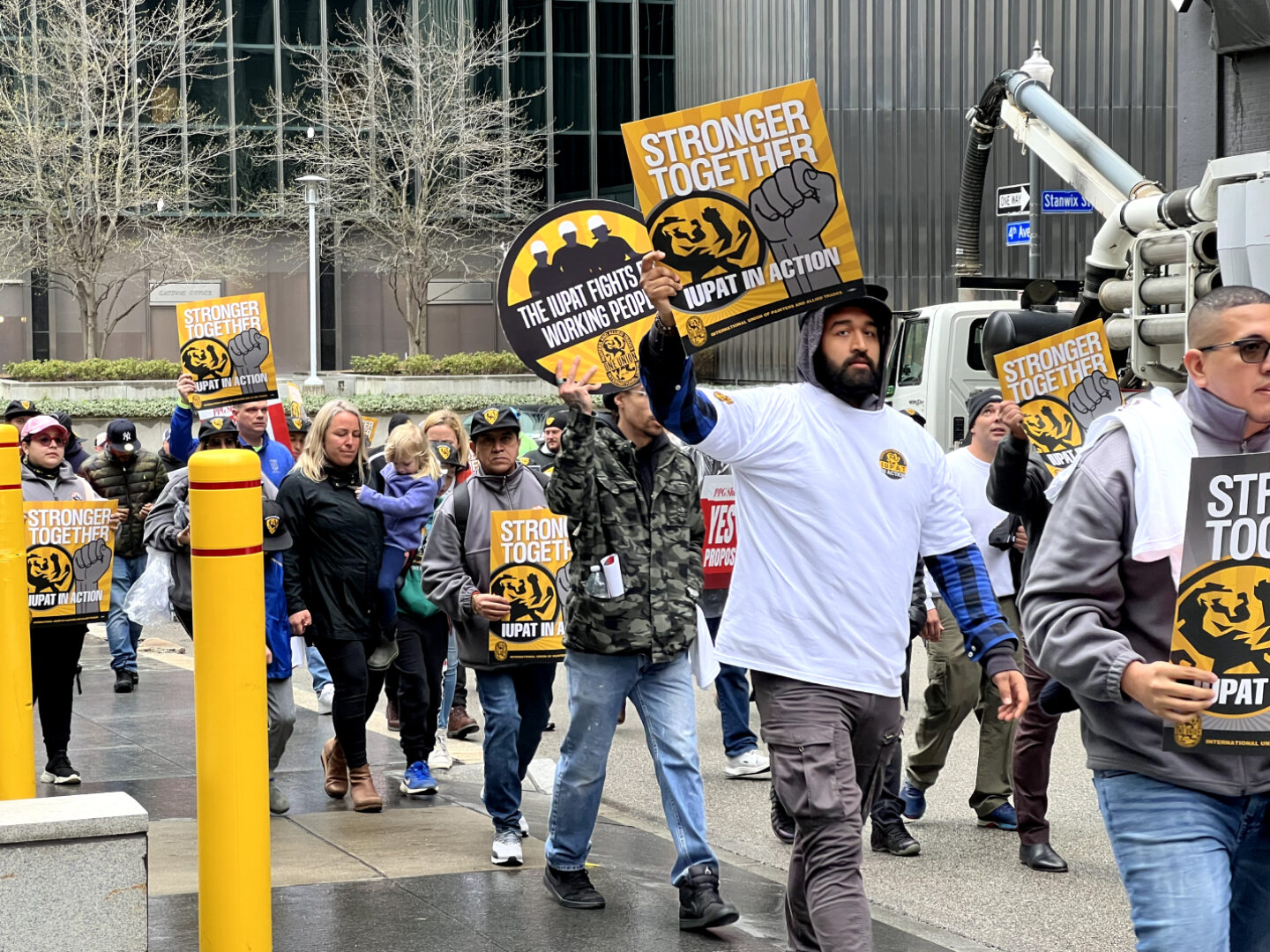This website uses cookies that help the website to function and also track how you interact with our website. By clicking “Accept All”, you consent to our website’s use of cookies to give you the most relevant experience by remembering your preferences and repeat visits. View our Cookie Notice HERE to understand the purposes for which cookies are used. Once you have had an opportunity to review and understand our Cookie Notice, make the selection that you are comfortable with.

